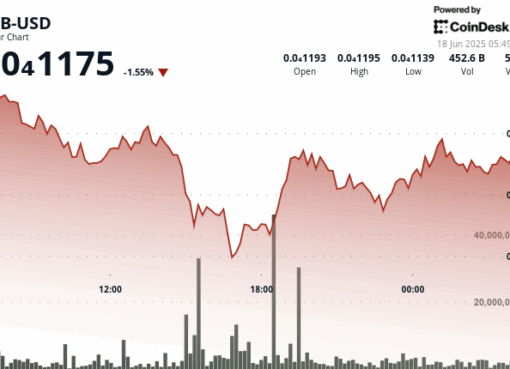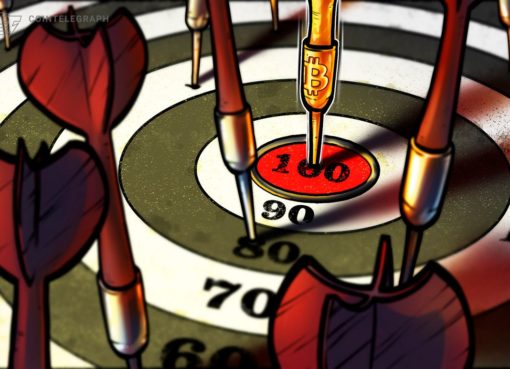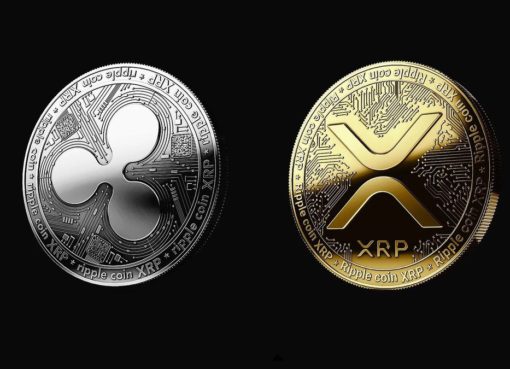Iran has drafted new rules to increase penalties for illegal cryptocurrency mining in the country, including additional fines and imprisonment. “Any use of subsidized electricity intended for households, industrial, agricultural, and commercial subscribers for mining cryptocurrency is prohibited.”
New Penalties for Illegal Cryptocurrency Mining in Iran
An official with Iran’s Power Generation, Distribution, and Transmission Company (Tavanir) said the country’s administration will approve new rules to increase penalties for unauthorized cryptocurrency mining, IRNA publication reported Sunday.
Mohammad Khodadadi Bohlouli explained that under the new law:
The increased penalties include raising fines by at least three and at most five times, imprisoning the offender, and revoking the offender’s business license.
“Any use of subsidized electricity intended for households, industrial, agricultural, and commercial subscribers for mining cryptocurrency is prohibited,” Khodadadi said.
The Iranian government approved cryptocurrency mining as an industry in 2019. In January 2020, the Ministry of Industry, Mine, and Trade issued over 1,000 licenses for cryptocurrency mining operations.
However, Iranian authorities said that some unauthorized miners are using household electricity for cryptocurrency mining, resulting in major issues for the country’s electricity industry. In December last year, crypto miners were ordered to halt operations to prevent winter blackouts. In September, the authorities reportedly confiscated over 220,000 mining machines and shut down nearly 6,000 illegal crypto mining farms across the country.
What do you think about Iran increasing penalties for unauthorized cryptocurrency mining? Let us know in the comments section below.
Image Credits: Shutterstock, Pixabay, Wiki Commons
Disclaimer: This article is for informational purposes only. It is not a direct offer or solicitation of an offer to buy or sell, or a recommendation or endorsement of any products, services, or companies. Cryptox.trade does not provide investment, tax, legal, or accounting advice. Neither the company nor the author is responsible, directly or indirectly, for any damage or loss caused or alleged to be caused by or in connection with the use of or reliance on any content, goods or services mentioned in this article.




